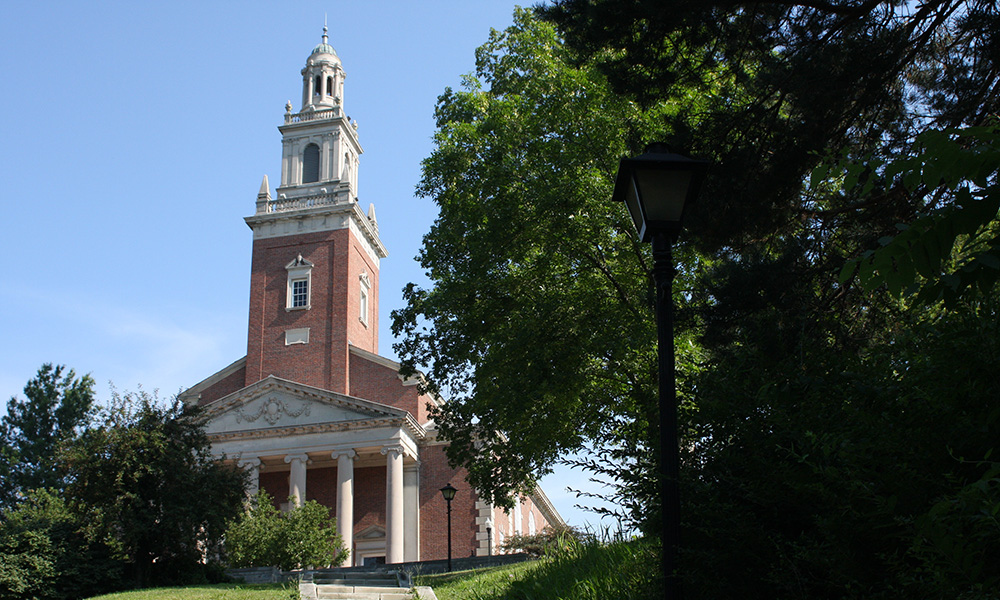Whether it be through recycling initiatives, sourcing local food, or partnering with community groups, Denison is committed to being a sustainable and environmentally conscious campus.
The college has a multi-disciplinary approach to sustainability that balances environmental, economic and social responsibility. Denison’s sustainability programs — in academic research, strategic investments in infrastructure and human resources, student-centered programming, and community partnerships — are central to the campus.
Recently, Denison’s campus has been accepted as a Certified Wildlife Habitat through the Garden for Wildlife movement and the National Wildlife Federation, the largest wildlife conservation and education organization in the United States. The National Wildlife Federation celebrates the effort to create a space that supports local wildlife.
Each of these Certified Wildlife Habitats provides natural sources of food, water, cover and places for wildlife to raise young, and is maintained in a sustainable manner that relies on the incorporation of native plants instead of pesticides. The habitats are part of the Million Pollinator Garden Challenge, a national effort to grow a million gardens that foster habitats for threatened insects such as butterflies and bees.
In addition, the Arbor Day Foundation Program has honored Denison with 2018 Tree Campus USA recognition for the ninth year in a row. Tree Campus USA honors colleges and universities for promoting healthy trees and engaging the community in conservation efforts.
To be granted this honor, Denison met five core standards for sustainable campus forestry required by the organization. These include establishment of a tree advisory committee, evidence of a campus tree-care plan, dedicated annual expenditures for its campus tree program, an Arbor Day observance and the sponsorship of student service-learning projects.
There are more than 3,000 trees on campus, not including the expansive Biological Reserve or surrounding wooded area. Denison frequently makes the list of top beautiful campuses due to its gorgeous natural landscape.
“Whether in the classroom, the local community or a country halfway around the globe, Denisonians lead the way in sustainability,” says Campus Sustainability Coordinator Jeremy King.
